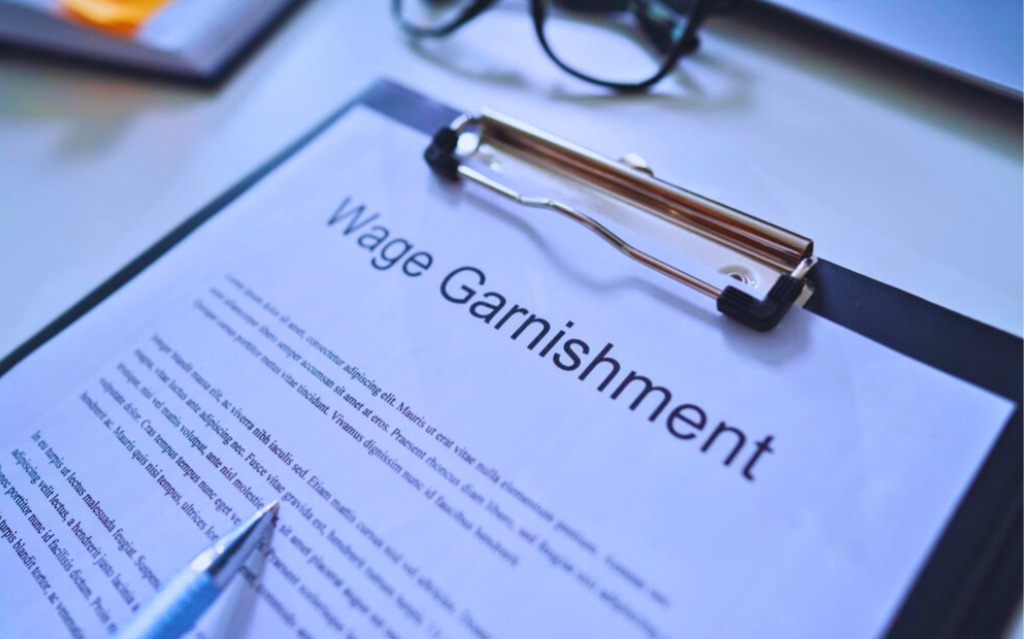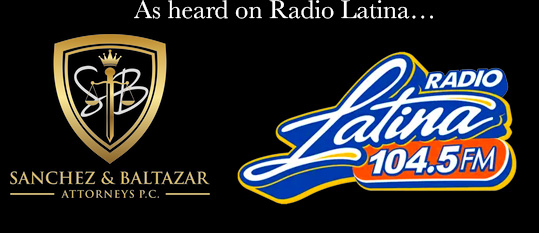If you’re considering filing for bankruptcy, you may be wondering if it will stop wage garnishment. The answer is that it depends on the type of bankruptcy you file. If you file for Chapter 7 bankruptcy, wage garnishment will usually be stopped immediately. This is because all of your assets are liquidated and used to pay off your creditors. However, if you file for Chapter 13 bankruptcy, wage garnishment may not be stopped right away. This is because your assets are not liquidated, and you are instead put on a repayment plan. Ultimately, whether or not filing for bankruptcy stops wage garnishment depends on the type of bankruptcy you file.
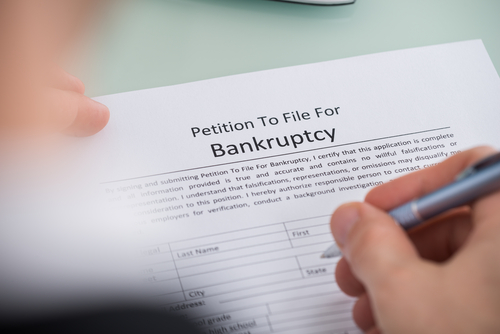
What is Wage Garnishment?
Wage garnishment is a legal process whereby a creditor can require an employer to withhold a portion of an employee’s wages and pay it directly to the creditor. This is usually done in order to satisfy a debt that the employee owes. Wage garnishment can be stopped by filing for bankruptcy, but only if the correct type of bankruptcy is filed.
What is Chapter 7 Bankruptcy?
Chapter 7 bankruptcy is also known as liquidation bankruptcy. This is because all of the debtor’s assets are sold in order to pay off their creditors. Once a Chapter 7 bankruptcy is filed, an automatic stay goes into effect. This means that creditors are not allowed to take any action against the debtor, including wage garnishment. Therefore, if you’re facing wage garnishment and you file for Chapter 7 bankruptcy, the wage garnishment will usually be stopped immediately.
What is Chapter 13 Bankruptcy?
Chapter 13 bankruptcy is also known as a reorganization bankruptcy. This is because the debtor’s assets are not sold off, but rather they are put on a repayment plan. An automatic stay also goes into effect when a Chapter 13 bankruptcy is filed, but it may not stop a wage garnishment right away. This is because wage garnishment is considered to be an “allowed claim” in a Chapter 13 bankruptcy. Therefore, the creditor may still be able to garnish your wages even after you’ve filed for bankruptcy. However, the amount that can be garnished is usually limited.
Should I File for Chapter 7 or Chapter 13 Bankruptcy?
The type of bankruptcy you should file for depends on your individual circumstances. Chapter 7 bankruptcy may be a good option if you have very few assets and you want to have your debt discharged as quickly as possible. Chapter 13 bankruptcy may be a better option if you have more assets that you want to keep and if you can afford to make monthly payments.
If you’re facing wage garnishment and you’re considering filing for bankruptcy, it’s important to know that only Chapter 7 bankruptcy will stop a wage garnishment immediately. If you file for Chapter 13 bankruptcy, wage garnishment may still be allowed, but it will be limited. Ultimately, the decision of which type of bankruptcy to file should be made in consultation with a bankruptcy attorney.
What Does “Automatic Stay” Have to do With Bankruptcy?
An automatic stay is an order from the court that prevents creditors from taking any action against the debtor. This includes wage garnishment. An automatic stay goes into effect when a bankruptcy case is filed, but it only lasts for a certain amount of time. In a Chapter 7 bankruptcy, the automatic stay usually lasts until the debt is discharged. In a Chapter 13 bankruptcy, the automatic stay usually lasts for the duration of the repayment plan.
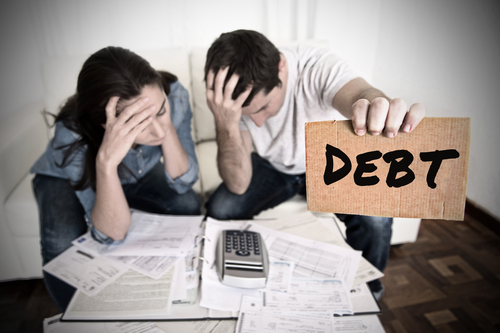
How Can I Stop Wage Garnishment if I’m Already in a Chapter 13 Bankruptcy?
If you’re already in a Chapter 13 bankruptcy and you’re facing wage garnishment, you may be able to have the wage garnishment stopped by filing a motion with the court. This motion is known as a “Motion to Modify the Automatic Stay.” If the court grants your motion, the wage garnishment will be stopped.
Can I Stop a Wage Garnishment Without Filing for Bankruptcy?
There are a few other ways to stop wage garnishment, but they usually require working out some sort of arrangement with the creditor. For example, you may be able to negotiate a payment plan that satisfies the debt without resorting to wage garnishment. Or, you may be able to have the debt discharged through a different process, such as student loan forgiveness. If you’re facing wage garnishment and you’re not sure what to do, you should speak with an attorney to discuss your options.
Do I Need a Lawyer to File for Bankruptcy?
You are not required to have a lawyer to file for bankruptcy, but it’s generally a good idea to have one. Bankruptcy can be complicated, and a lawyer can help make sure that everything is done correctly. Additionally, a lawyer can represent you in court if necessary. If you’re facing wage garnishment and you’re considering filing for bankruptcy, you should speak with a bankruptcy attorney to discuss your options.
What are the Benefits of Hiring a Lawyer when Filing for Bankruptcy?
There are a number of benefits to hiring a lawyer when filing for bankruptcy. First, as mentioned above, a lawyer can help make sure that everything is done correctly. This is important because bankruptcy can be complicated, and even small mistakes can have big consequences. Second, a lawyer can represent you in court if necessary. This is important because if you do have to go to court, you’ll want someone on your side who knows the ins and outs of bankruptcy law. Finally, a lawyer can give you peace of mind. Bankruptcy can be stressful, and having a lawyer to help guide you through the process can make it much easier.
The bottom line is that if you’re facing wage garnishment, you should speak with a bankruptcy attorney to discuss your options. Bankruptcy may be the best way to stop wage garnishment and get your finances back on track.
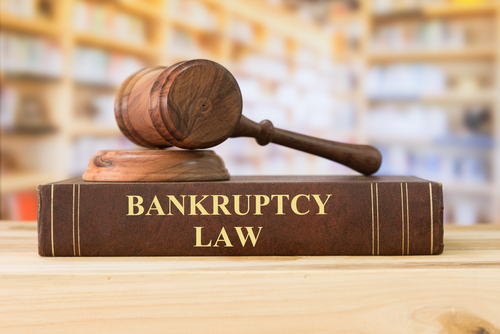
Contact S&B Legal Today!
If you’re considering filing for bankruptcy, contact S&B Legal today. We can help you understand your options and decide if bankruptcy is right for you. We offer free consultations, so you have nothing to lose by reaching out. Contact us today to schedule your consultation.

